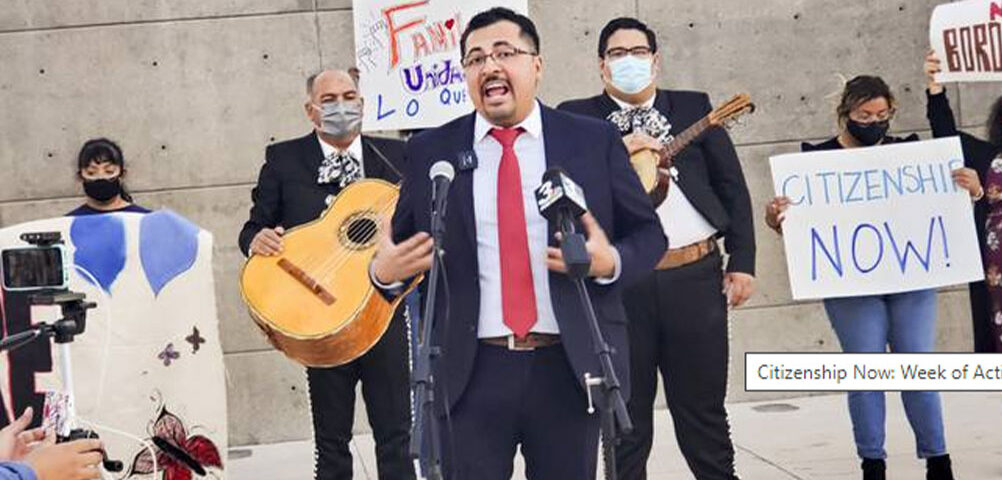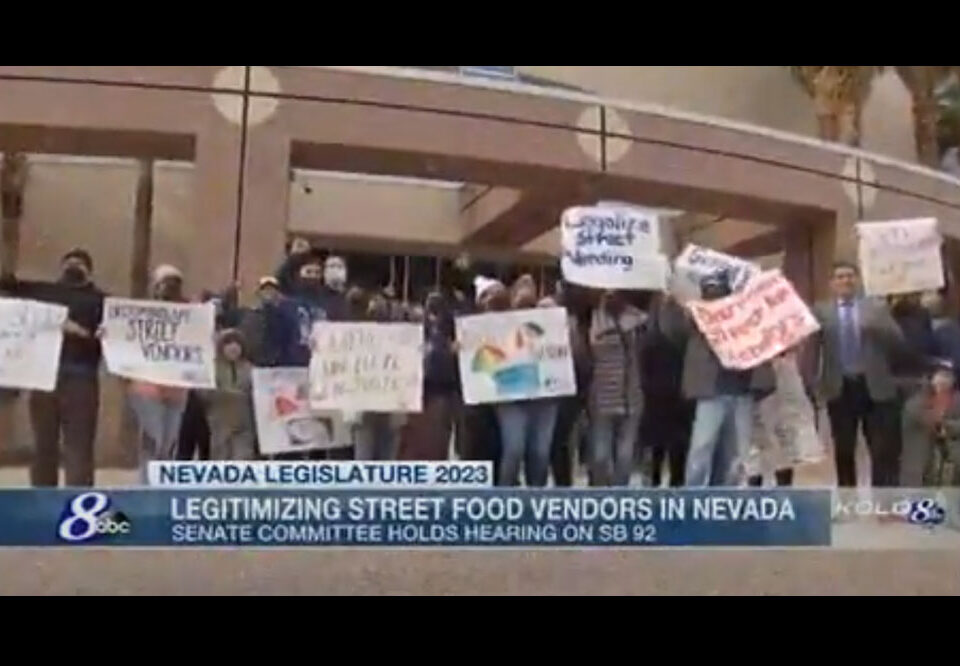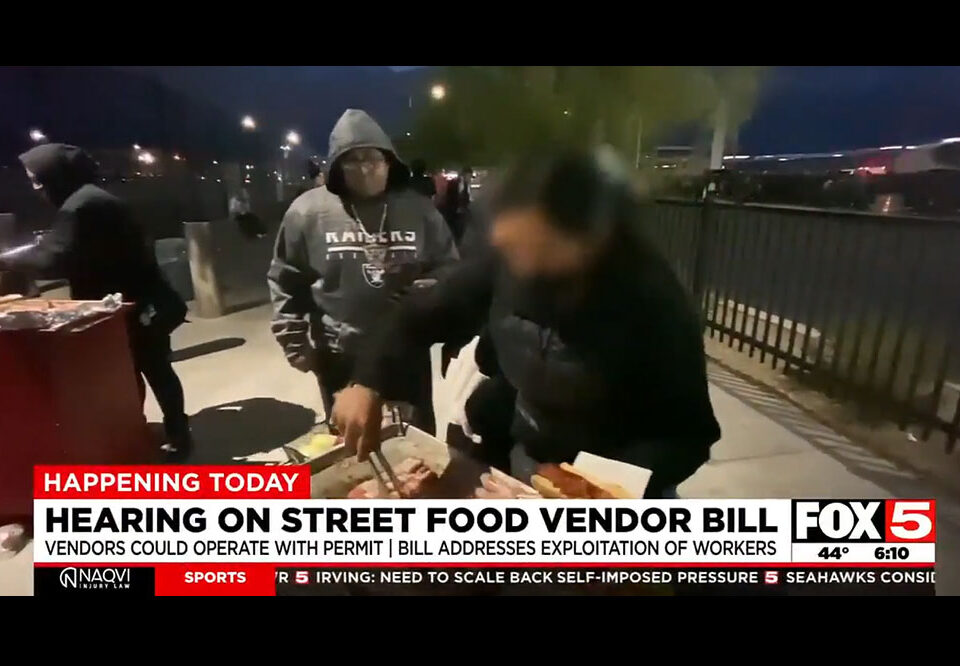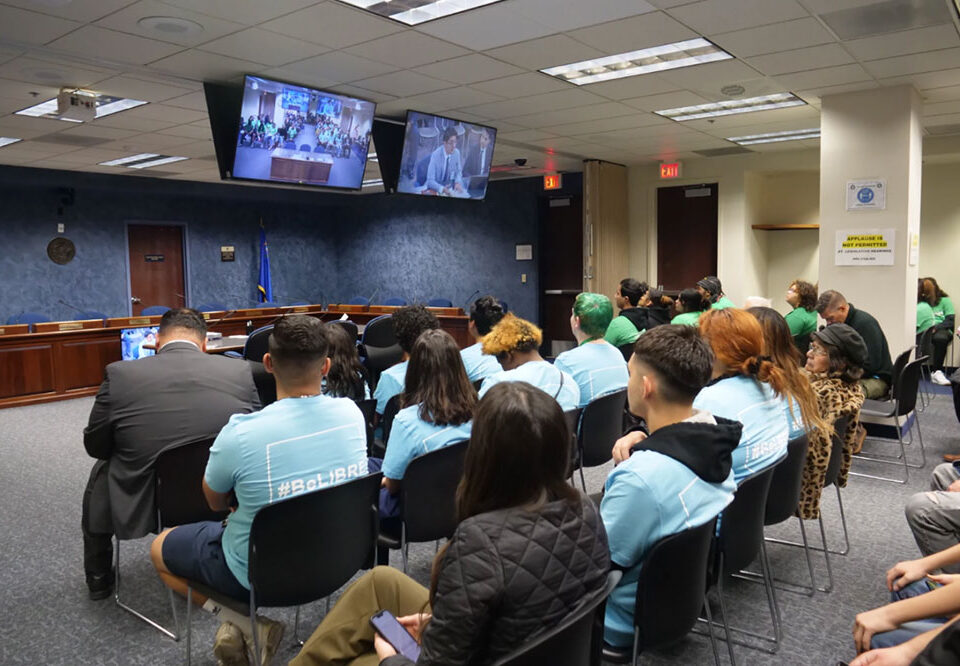
https://lasvegassun.com/news/2023/feb/07/nevadas-latino-legislators-press-agenda-as-session/
Latino lawmakers in the Nevada Legislature are proposing expanding Medicaid to all Nevada residents, regardless of their citizenship status, in a bill that could give health care access to about 200,000 uninsured residents.
Announcing their priorities on the first day of the biennial legislative session, members of the newly renamed Nevada Latino Legislative Caucus — a group consisting of five Democrats in the Nevada Assembly, three in the Nevada Senate and no Republican lawmakers — said that access to health care was one of pressing issues affecting Latino constituents.
State Sen. Fabian Doñate of Las Vegas said members of the caucus had been hearing from constituents that health disparities for non-English speakers and non-citizens across the state have grown, highlighting a demand that intervention of some kind be taken.
“We know there are generations of hard labor that have paved the way for us, and we carry with us the responsibility to ensure that our families are protected and are being cared for by those who come after,” said Doñate, the caucus chairman. “In the coming weeks, we will be calling on our colleagues from both sides of the aisle to join us in supporting a bill for the full Medicaid expansion for all individuals, regardless of their citizenship or immigration status.”
Doñate said about 7% of the state’s population is undocumented residents lacking health care access. Because of that, he’s asking colleagues to look past partisan rhetoric surrounding immigration in considering the proposal.
“I know this is a tough conversation and it could get politicized,” Doñate added. “But the reality is that we can’t continue the status quo. Not anymore, and not any longer.”
A spokesperson for the caucus said a bill was still to be written and didn’t have further details, including on how the program would be funded.
A similar expansion happened last year in California, where the state’s Department of Health Care Services enhanced Medi-Cal for all residents ages 50 and older regardless of immigration status.
“We’re making sure that universal access to health care coverage becomes a reality here in California, and this expansion has gotten us one step closer,” California’s Democratic Gov. Gavin Newsom said at the time.
A proposal in Nevada might not have similar support with Gov. Joe Lombardo, a first-term Republican who campaigned in part on tightening up around immigration and could veto the proposal if it makes it to his desk.
Elizabeth Ray, the communications director for Lombardo, told the Sun in an email that the governor would not comment on draft legislation until it makes it to his desk.
“We’re not commenting on bills or BDRs (bill-draft requests) at this point, but we’ll monitor them as they work through the legislative process,” Ray wrote.
Name switch for caucus
Nevada Latino Legislative Caucus debuted its new name on Monday, switching from the Nevada Hispanic Legislative Caucus to be more welcoming to lawmakers with roots from Central and South America, said caucus vice chair Elaine Marzola, an assemblywoman from Las Vegas.
“The Latin community in Nevada comprises almost one-third of our population, and the best way to advance the values of the Silver State is by promoting equality and embracing diversity.” said Marzola, who came to the U.S. from Brazil as a child. “This new name now includes people like me.”
Much like the rest of the Democratic conference, Latino caucus members also listed housing affordability and education as top priorities this session. At his State of the State address last month, Lombardo proposed investing more than $725 million in education for the biennium — that’s on top of an additional $250 million pitched by Democrats on Friday to provide raises for public school teachers across the state.
Additionally, Assemblywoman Selena Torres of Las Vegas said she would like to see lawmakers do more to address the state’s shortage of educators. Coupled with increased resources for English-learning students, she said she’s heard often from constituents that the licensing process for teachers has become too burdensome.
“Throughout the state of Nevada, there are thousands of educator vacancies,” said Torres. “Quite simply, we don’t have enough teachers in our classrooms. … These barriers prevent students from having teachers that would otherwise fill their classroom.”
Assembly Speaker Steve Yeager, a Las Vegas Democrat, in his rebuttal to Lombardo’s State of the State address also highlighted a legislative need to address housing affordability, through extended rent control and preventing what he said could be a surge in evictions now that pandemic-era protections are expiring.
Majority Floor Leader Assemblywoman Sandra Jauregui of Las Vegas said in addition to rent affordability she would be working with lawmakers on bills that would pave a “pathway to home ownership” but didn’t give any further detail.
“Every Nevadan, no matter where you live, deserves access to a safe and affordable place to live,” Jauregui said. “So I will be working on bills this session that have to do with affordable rent and a pathway to homeownership because all Nevadans need housing, whether it’s a rental or access to somewhere to call a home that you own and achieve the American dream.”
Among the final priorities noted Monday, state Sen. Edgar Flores of Las Vegas announced he would propose legislation that would improve translation services and help state agencies communicate in Spanish as well as English. Similarly, Flores said he was also working on a bill that would allow medication labels to be printed in Spanish upon request.
The need for both of these measures, Flores said, became evident during the pandemic, when it would sometimes take several days for public health orders to be translated from English to Spanish, causing the newly-translated order to oftentimes be outdated.
“Unfortunately, every time an emergency directive would come out, it would take a multitude of days for that to raise communities of color, namely because of language access,” Flores said. “We didn’t have the necessary framework to ensure that we were putting that literature out there for some of the most vulnerable communities here in Nevada.”




